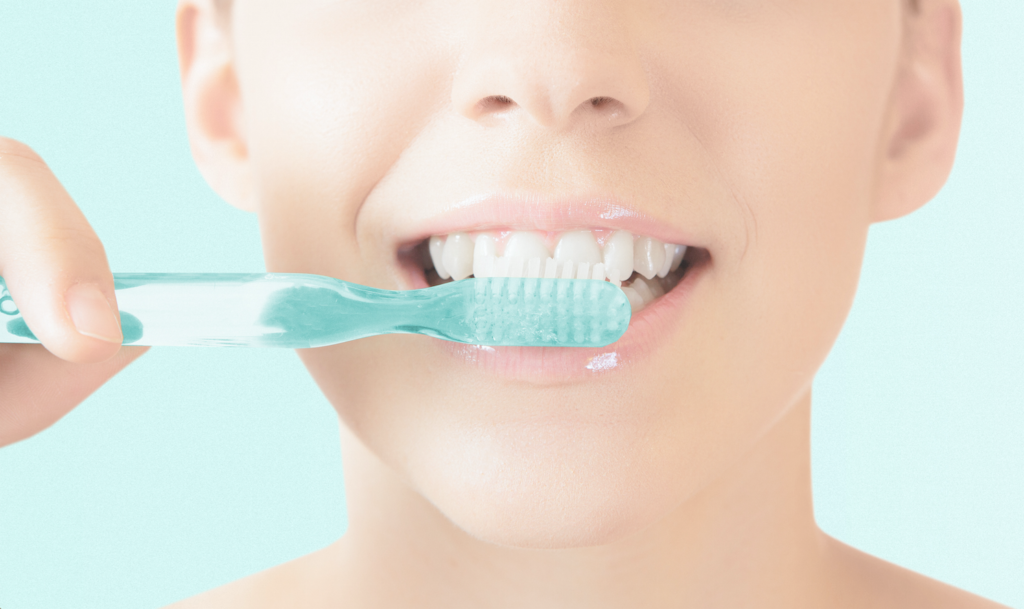Review
The Gutbliss Weekly Review – August 12, 2016
- Brush your teeth to prevent bowel cancer. Mouth bacteria (including Fusobacteria, a bug rarely found in the guts of healthy individuals and known to worsen ulcerative colitis) can make pre-cancerous bowel growths turn cancerous and existing tumors increase in size. Daily Mail
- Scientists believe that dysbiosis (imbalanced gut bacteria) is a main driver of the obesity epidemic. Gut bacteria have the ability to regulate fat deposition, metabolism, and immune function, and when the microbiome is disrupted (especially in cases of poor diet, lack of exercise, and early life exposure to antibiotics), weight gain can ensue. American Physiological Society. Read The Microbiome Solution for a plan to restore your microbiome and balance your gut bacteria.
- The use of lubricants during labor and delivery changes the vaginal microbiome, and in turn, could alter the microbial colonization of the vaginally born neonate. This finding is alarming, as lubricants are frequently used in the labor and delivery process. Researchers call for future research and possible changes in practice and policy. SAGE Nursing
- Regular exercise reduces the risk of deadly diseases, including breast and colon cancers, diabetes, heart disease, and stroke. How much exercise is needed to reap these benefits? After reviewing 174 studies conducted over the last 35 years, researchers found that weekly exercise comparable to the following is adequate for reducing deadly disease risk: 10 minutes of climbing stairs; 15 minutes of vacuuming; 20 minutes of gardening; 20 minutes of running; and 25 minutes of walking or cycling. BMJ
- Wondering what to eat and why each person responds differently to certain diets? This 30 minute BBC audio broadcast is an excellent account of why there’s no one-diet-fits-all, and in fact, how we react to specific foods is completely individualized and based on…you guessed it, the microbiome! Check it out on your next commute or exercise session! BBC
- Those with celiac disease are frequently exposed to gluten and experience acute reactions, despite strict adherence to a gluten free diet. Exposure occurs most commonly while eating at restaurants and in other people’s homes. Researchers identify a need for a tool that allows individuals to test foods for gluten before consuming them. Alimentary Pharmacology and Therapeutics
- Increased environmental hygiene practices are associated with a heightened risk of inflammatory bowel disease (IBD). Exposure to pets and farm animals, sharing bedrooms, and large number of siblings, are linked to a reduced risk of IBD. Inflammatory Bowel Disease
- Two multi-strain probiotics prove effective in treating H. pylori infection, including AB yogurt (Lactobacillus acidophilus La5 and Bifido. Lactis Bb12) and Pb Probinul (a mixture of 8 strains: 6 different Lactobacilli strains and 2 Bifidobacteria strains). The probiotic mixtures proved as effective as standard eradication therapy, reduced unfavorable symptoms associated with standard therapy, and reduced antibiotic associated diarrhea. This study highlights the fact that the efficacy of probiotics in treating disease is strain-dependent. United European Gastroenterology Journal
- Gut bacteria in those with multiple sclerosis (MS) differ significantly from those who don’t have the disease, including an increase in inflammation-associated bacteria. These differences are also seen between MS patients receiving treatment and those not receiving treatment. The study supports a causal link between imbalanced gut bacteria and MS. National MS Society
- What you eat affects your brain, and has a huge impact on your mood and psychological function, most likely mediated by the communication that occurs between the gut and brain. Paying attention to what you eat and how it makes you feel could be an important way to discover what foods are best for your individual microbiome. Harvard
By: Leslie Ann Berg, MSPH

